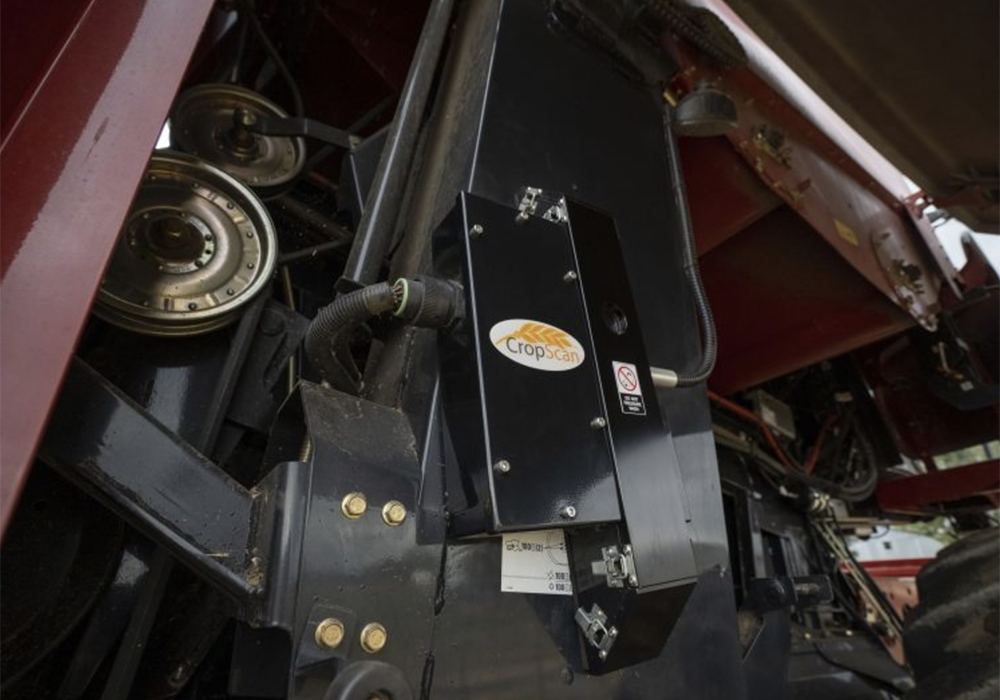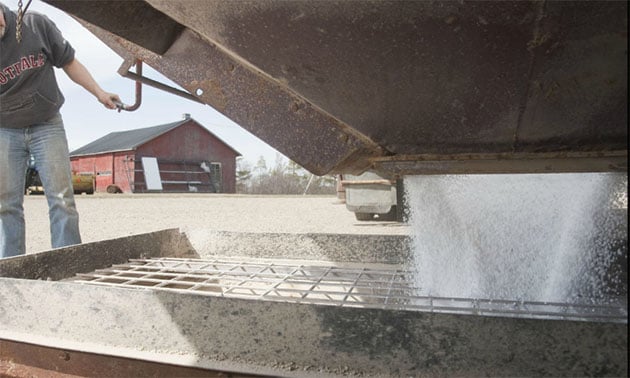New markets for farmers | Company to accept multiple feedstocks, but canola remains first choice
Christmas came early for Kyoto Fuels Corp. when $31.14 million in federal funding was announced Dec. 21.
Kyoto Fuels is a biodiesel plant project in the County of Lethbridge that plans to start producing biodiesel this spring. Annual plant capacity is 66 million litres using canola and animal tallow as feedstocks.
Kyoto president Kelsey Prenevost said it is the only plant that has both provincial and federal support, the latter through the Ecoenergy for Biofuels program.
And although the funding was announced just before Christmas, it wasn’t too much of a yuletide surprise.
Read Also

Important to write farmland rental agreements properly
Are you considering renting out your farmland? If so, there are important tax considerations when making this decision. The rental…
“We did know that it was going to come. We didn’t know exactly the date,” Prenevost said.
Kyoto was formed in 2003 with smaller plans than the concept now nearing fruition.
“When you start out in a venture like this, you’re either a hero or you’re crazy, one of the two. It’s never in between. So it looks like we might have been right.”
Prenevost said the plant has cost $32 million, and two more months of construction are needed before it is commissioned.
Lethbridge MP Jim Hillyer made the funding announcement, saying the plant will help supply some of the nearly three billion litres of renewable fuel that Canada will need in 2012 to meet its commitments.
Diesel in Canada must have two percent renewable content as of July 2, 2011. Some of it is imported from the United States because of low biodiesel production capacity in Canada.
“Our investment will help to put the Lethbridge region at the forefront of the biofuel industry and generate jobs for the local economy,” said Hillyer.
The plant will employ 25 people.
County of Lethbridge reeve Lorne Hickey praised the initiative for providing an additional market to farmers for low grade canola and possibly other agricultural waste products.
The Kyoto plant will be able to supply half of Alberta’s biodiesel needs and 20 percent of Western Canada’s biodiesel.
Prenevost said the plant’s output will reduce the environmental impact of carbon emissions by 191,000 tonnes per year, which is the equivalent of taking 35,000 cars off the road.
“Essentially, Kyoto Fuels is an industrial bridge between the energy industry and the agricultural sector, producing fuels from renewable resources,” he said during a news conference at the plant.
In a later interview, he said the plant is built to accept multiple feedstocks, although canola will be the primary choice. The operation has no crushing plant, so it will obtain degummed material from companies that do crush.
Animal fat will come from the Cargill and XL packing plants in High River, Alta., and Brooks, Alta. However, Prenevost said fuel companies don’t favour biodiesel produced from animal fats because they fear it won’t perform well.
John Koliaska, president of JK Trucking in Lethbridge, used 10.5 percent tallow-based biodiesel in his fleet of 65 trucks last year and said there were no issues related to cold weather or engine maintenance.
Koliaska is also vice-president of business development for Kyoto Fuels. The private company has 50 shareholders.















